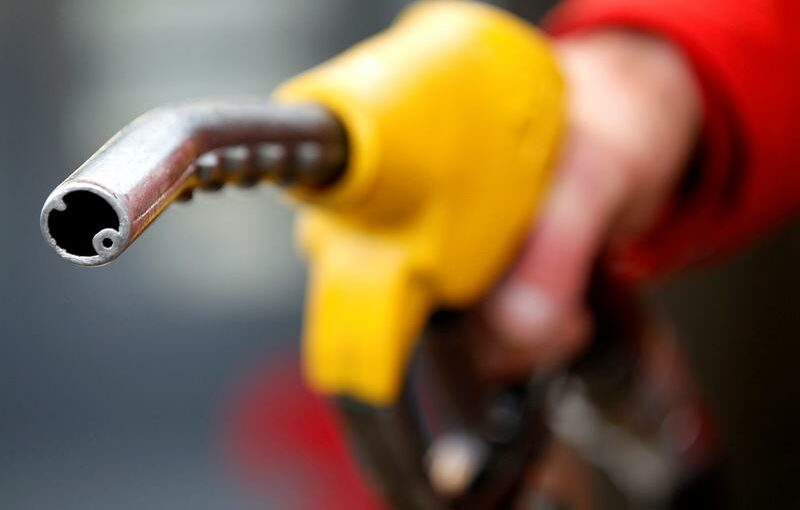SINGAPORE (Reuters) – Oil prices fell on Friday for a sixth day in a row, down nearly 9% for the week, as a new wave of COVID-19 infections in particular across Europe spurred fresh lockdowns and dampened hopes for an imminent recovery in fuel demand.
U.S. West Texas Intermediate (WTI) crude fell 4 cents, or 0.07%, to $59.96 a barrel by 0552 GMT.
Brent crude was down 10 cents, or 0.16%, to $63.18 a barrel.
Oil had edged up in Asia’s morning trading after a 7% drop on Thursday as physical buyers leapt at the chance to load up on cheap oil, said Jeffrey Halley, senior market analyst at OANDA, in a Friday note.
But the market remains increasingly worried about fuel demand outlook amid rising coronavirus cases, fresh restrictions and slowing vaccination rollouts in some countries, analysts said.
Goldman Sachs said headwinds related to European Union demand and Iran supply would slow the oil market rebalancing by 0.75 million barrels per day (bpd) in the second quarter, although it expects OPEC+ will act to offset that.
Safety concerns about the side effects of the AstraZeneca vaccine had led several European countries to stop administering the shot.
Although Germany, France and other countries have announced the resumption of inoculations after regulators declared the AstraZeneca vaccine safe, the programme halt has made it harder to overcome resistance to vaccines among some of the population.
Britain will have to slow its COVID-19 vaccine rollout next month due to a supply delay.
Several French regions badly hit by the COVID-19 epidemic, including the Ile-de-France region around Paris, will start a new four-week lockdown from Friday.
“The market is becoming increasingly nervous around some countries in Europe imposing COVID-19-related restrictions once again and, in doing so, raising concerns for the demand outlook,” ING Economics said in a note.
In other parts of the world, Brazil registered its second deadliest day in its COVID-19 pandemic, with 2,724 deaths, while India on Friday reported its highest daily increase of new COVID-19 cases in more than three months.
Supplies of oil are plentiful as well, with Saudi Arabia’s crude exports increasing in January for a seventh straight month to the highest since April 2020, according to the Joint Organisations Data Initiative website on Thursday.
Shipments from the world’s biggest oil exporter increased to 6.582 million barrels per day in January from 6.495 million the previous month.
Source: Read Full Article
